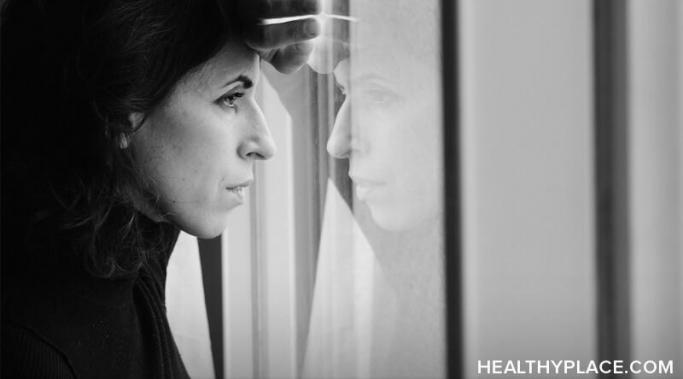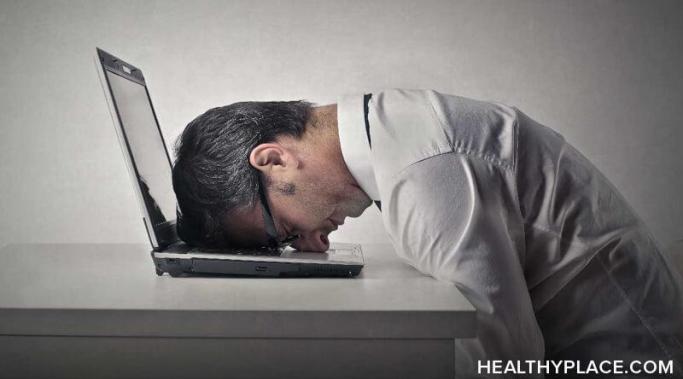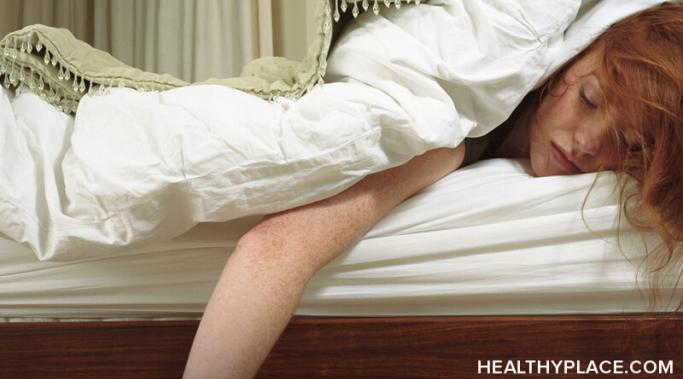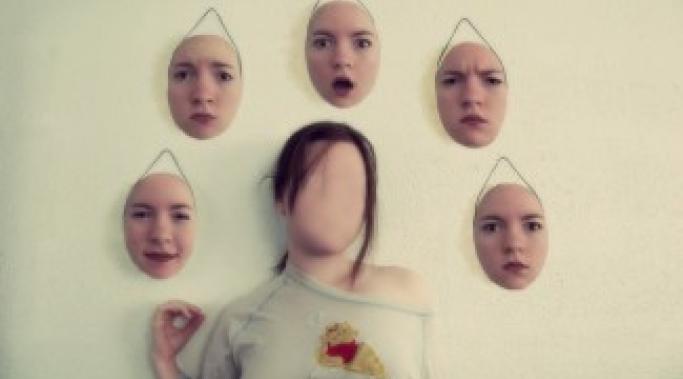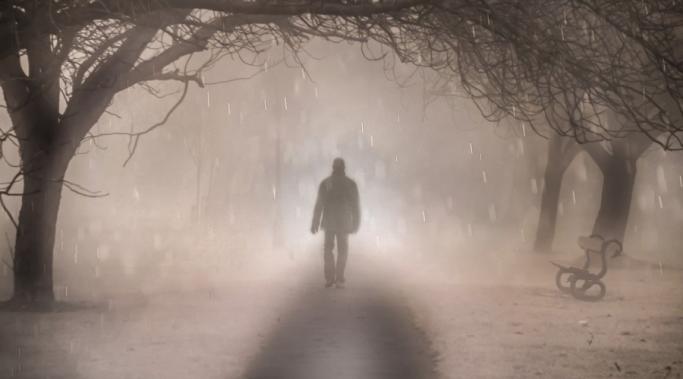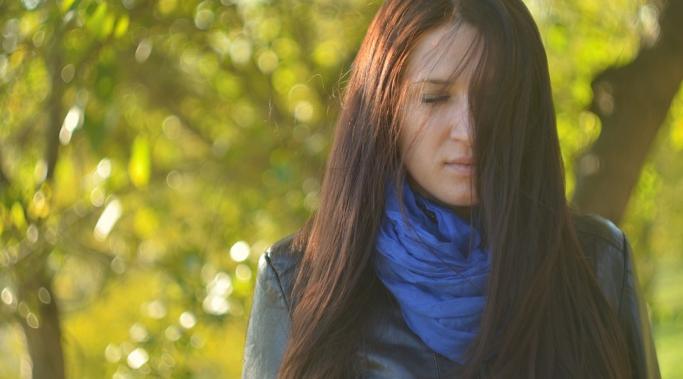Like many with bipolar disorder (up to 50%1), I have attempted suicide, but the question is, did that suicide attempt change my outlook on life? This is an interesting question because so many of us have been in this situation. For some, the answer is definitely, “yes,” but for others, I think their suicide attempt didn’t change their outlook on life and, unfortunately, attempt suicide again, or, finally, die of suicide. For me, the answer is both “yes,” and “no.”
Depression – Breaking Bipolar
I write about some things that can trigger those with depression so it’s important for readers to know how to deal with depression triggers in blog posts. Understanding how to deal with depression-triggering blog posts can protect you from negative emotional effects and worsening symptoms.
I hate it when people say, “failure is not an option,” because, especially with bipolar, failure is always an option. And by saying “Failure is not an option,” people make it sound like failure is bad. But we all need to accept that failure is an option, and a viable one. We need to accept that with bipolar, failure happens.
Living with bipolar disorder is chock full of uncertainty. You never know when you might be well. You never know when you might be acutely depressed. You never know when mania might make you psychotic. And you never know when it might be the day when you need the hospital. If that isn’t uncertainty, I don’t know what it. And while everyone lives with uncertainty, the uncertainties that come with bipolar disorder are so very hard to live with.
It’s hard for non-bipolar people to identify with this, but when I have bipolar depression, I don’t want anything. It doesn’t matter what it is, it doesn’t matter how I used to feel about it, it doesn’t matter how good an idea it seems, I just don’t want it with bipolar depression, and that’s it.
When the pain is at its worst, it feels like bipolar and hypersensitivity go hand in hand. It’s like when you get the flu and every little touch hurts. That’s physical hypersensitivity. And I don’t know why I get it but I assume it’s part of the neuropathic pain or exaggerated pain that some with bipolar experience. Long story short, it hurts to even wash my hands because of my bipolar-caused hypersensitivity.
Many people can find enjoying the holidays challenging, but for those with bipolar disorder, the holidays can also cause bipolar mood instability. This is a special challenge over and above what the average person faces. While average people may worry about seeing a brother who hates them or an alcoholic aunt who is a mess, people with bipolar disorder risk a bipolar relapse. Here are some of the reasons why the holidays cause bipolar mood instability for those with bipolar disorder.
I dissociate when the pain of bipolar disorder becomes too severe. It happened to be just last night, in fact. I was wailing out into the night about the pain and suffering and willing it all to end (Losing a Battle with My Bipolar Brain), knowing that it wouldn’t, so I just dissociated. I separated from the world. My brain and mind walked away from each other. The pain of bipolar disorder forced me to dissociate for my own good.
I love good things theoretically, but with depression, I can’t enjoy the good things. Most people don’t get this. Most people can’t conceptualize of this. But even when good (recently great) life events occur, I just don’t feel pleasure (Depression Is Not Sadness). I can’t enjoy the good things when I’m depressed.
Because of the chronic mental illness of bipolar disorder, I have guilt on sunny days; and this really sucks seeing as we’re now into summer. I know this might sound weird to your average person, but I actually prefer a rainy day to a sunny one. Rainy days don’t bring about guilt. Sunny days bring about my bipolar guilt.
